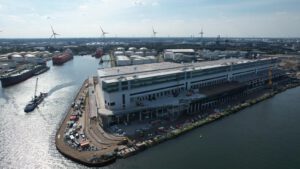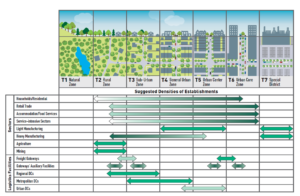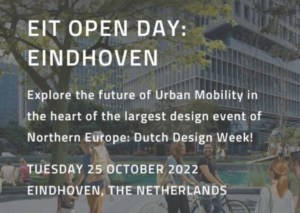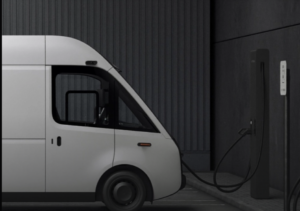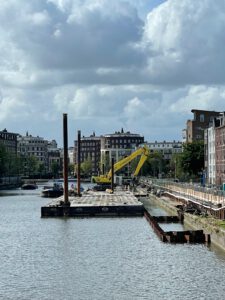Air pollution particles found in the lungs and brains of unborn babies

Unborn babies have air pollution particles in their developing lungs and other vital organs as early as the first trimester, new research has revealed. Scientists at the University of Aberdeen, UK, and Hasselt University, Belgium, studied air pollution nanoparticles, called black carbon – or soot particles – to see whether these can reach the foetus. …

